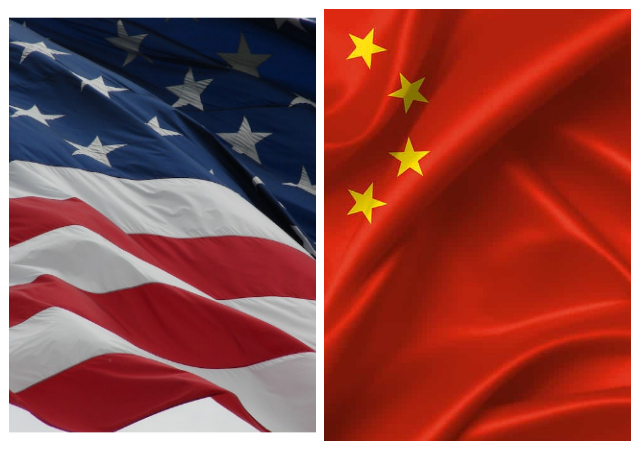
The United States has issued a warning that China’s lending practices may increase Beijing’s influence over Nigeria.
This observation was made in a US Department of State “Integrated Country Strategies” report that Punch was able to acquire.
The agreement, which was approved in April 2022 and later updated in June 2023, emphasized China’s provision of sub-prime loans for Nigerian infrastructure projects.
Such loans are characterized by the Corporate Finance Institute as higher-interest credit provided to borrowers who are not eligible for conventional loans.
According to the report, “China offers sub-prime financing for a variety of infrastructure projects, with the potential to unnecessarily increase Nigeria’s debt burden and increase Chinese influence over the Nigerian government.
According to research by the platform, as of March 2023, Nigeria owed $4 point 34 billion to China’s Exim Bank.
Additionally, a US-based Fitch Solutions study from January 2022 detailed how the Chinese Civil Engineering Construction Corporation (CCECC) managed Nigerian rail projects worth over $25.51 billion.
According to this report, China Civil Engineering Construction Corporation has dominated the Nigerian railway construction market thanks to Chinese financing.
The planned $3.90 billion Abuja-Itakpe-Warri rail line project and the $11.10 billion Lagos-Calabar coastal railway project, both of which CCECC is leading, are important projects.
The Federal Government has additionally frequently gotten its infrastructure financing from Chinese lenders.
According to a document from the DMO, as of September 2021, 15 projects—including four rail initiatives—were funded by Chinese loans.
The US document, however, also criticized Nigeria’s political and economic environment in addition to highlighting worries about Chinese financing.
It made observations about the nation’s fragmented decision-making and self-centered political elites, who frequently put personal interests ahead of those of the country.



